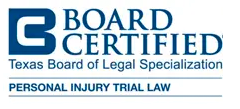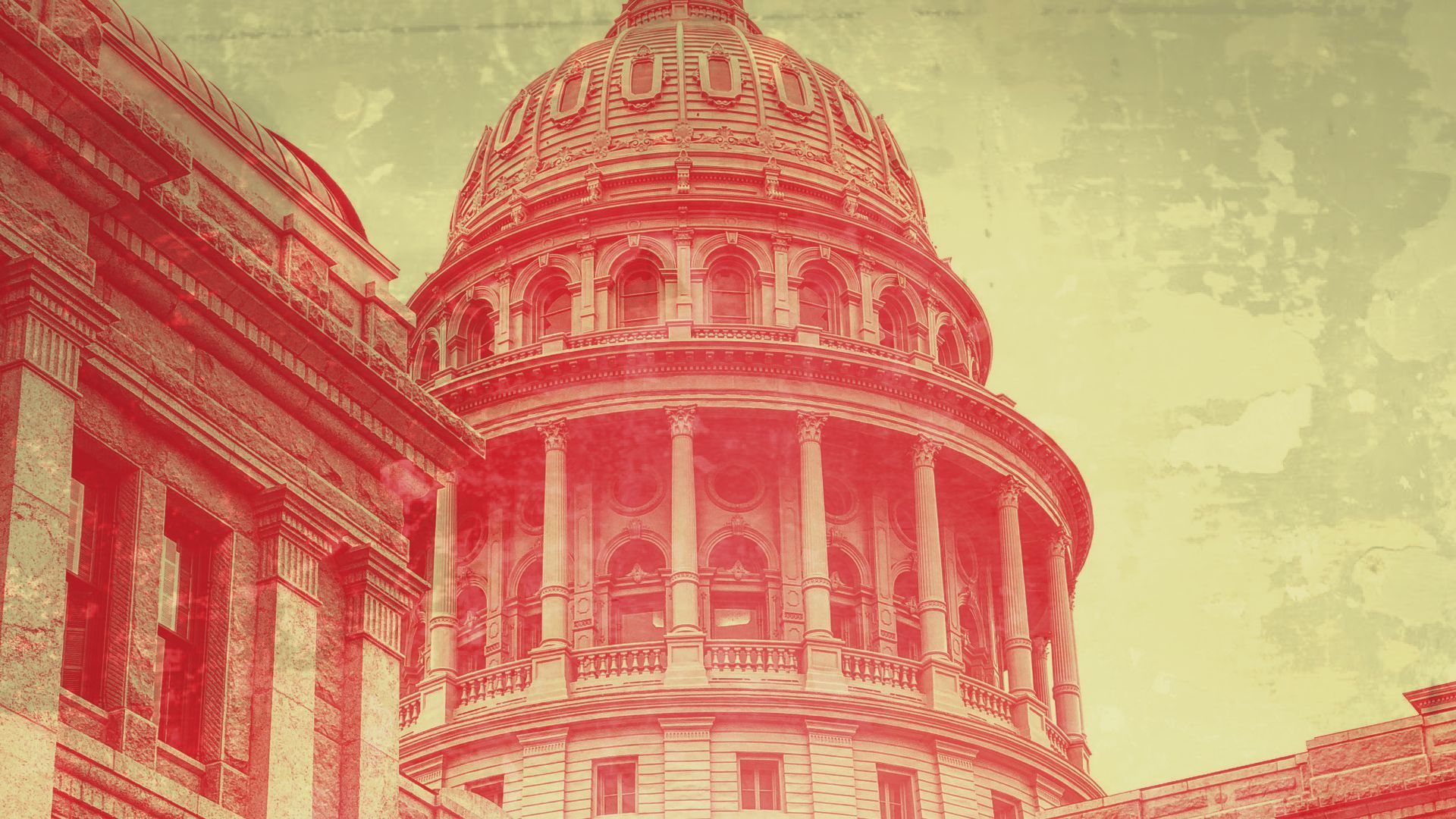How do Child Support, Tax Liens and Bankruptcy Affect my Personal Injury Case?
Understanding Finances and Personal Injury Cases

Child support, tax liens, and bankruptcy are complex financial matters that can significantly impact a personal injury case. When pursuing compensation for injuries sustained due to someone else's negligence, various factors come into play, and these financial obligations can influence the outcome of your case.
Understanding how child support, tax liens, and bankruptcy may intersect with your personal injury claim is crucial to navigate the legal complexities involved. To help you understand and navigate these financial elements, the Spring personal injury attorneys at Wham & Rogers offer a helpful guide below.
Understanding Finances and Personal Injury Cases
In the intricate landscape of personal injury cases, the interplay between finances and legal compensation stands as a pivotal factor that can significantly impact the outcome of a claim. The pursuit of justice and restitution for injuries sustained due to the negligence of others is often entangled with various financial considerations, from outstanding debts to tax obligations and familial support responsibilities.
From the intricate web of child support payments, which may encroach upon settlements, to the looming impact of tax liens that can diminish rightful compensation, and the intricate maze of bankruptcy proceedings affecting the allocation of settlements - each financial facet holds the potential to significantly alter the trajectory of a personal injury case. Below, we explore each of these financial elements.
How Does Child Support Affect a Personal Injury Case?
Child support is a legal obligation that parents have to support their children financially. When involved in a personal injury case, outstanding child support payments can affect any settlement or award received. In many states, unpaid child support can result in wage garnishment, property liens, or even incarceration. Courts prioritize child support payments, and if you owe back payments, your settlement might be subject to deductions to cover these arrears.
Upon winning a personal injury case, the opposing party might place a lien on your settlement to satisfy unpaid child support. This means that a portion or the entirety of your settlement could be allocated to cover these outstanding obligations before you receive any compensation. It's crucial to address any child support arrears before reaching a settlement to mitigate potential reductions in your compensation.
How Do Tax Liens Affect a Personal Injury Case?
Tax liens are legal claims imposed by the government when individuals fail to pay their taxes. These liens create a security interest in your property, including any settlement or award received from a personal injury case. The Internal Revenue Service (IRS) or state tax agencies can place a lien on your settlement to recover unpaid taxes. This can significantly diminish the amount of compensation you receive, as the government will prioritize satisfying tax debts over your personal injury claim.
In cases involving tax liens, negotiating with the IRS or state tax authorities before finalizing a settlement can be beneficial. Working with tax professionals or attorneys experienced in tax law can help in negotiating the reduction or removal of tax liens, potentially preserving a more substantial portion of your settlement for your personal injury compensation.
How Does Bankruptcy Affect a Personal Injury Case?
Bankruptcy is a legal proceeding that allows individuals or businesses to seek relief from overwhelming debt. If you've filed for bankruptcy or are in the process of doing so when pursuing a personal injury claim, it can affect the outcome of your case. Depending on the type of bankruptcy filed, the treatment of your personal injury settlement can vary.
- Chapter 7: Chapter 7 Bankruptcy, often referred to as liquidation bankruptcy, involves selling non-exempt assets to repay creditors. Certain assets might be exempt, and upon completion, most unsecured debts are discharged, offering a fresh financial start.
- Chapter 13: Chapter 13 Bankruptcy permits individuals with a regular income to devise a repayment plan over three to five years to pay off all or part of their debts. Debtors can retain their assets while adhering to the court-approved plan.
- Chapter 11: Chapter 11 Bankruptcy is primarily used by businesses, allowing for reorganization to restructure debts and operations while continuing business operations under court supervision.
- Chapter 12: Chapter 12 Bankruptcy is tailored for family farmers or fishermen, offering debt adjustment and a reorganization plan akin to Chapter 13, allowing these family-owned businesses to manage debts while continuing their operations.
Navigating personal injury cases while dealing with bankruptcy requires legal expertise to ensure the protection of your rights and assets. Consulting with both a personal injury attorney and a bankruptcy attorney is advisable to understand how bankruptcy proceedings might affect your compensation and financial obligations.
How a Personal Injury Attorney can Help Protect your Finances
There are certainly financial considerations that may impact your personal injury case. However, a personal injury attorney can be instrumental in safeguarding your finances in several ways when you are dealing with an injury claim. Here are some ways that a skilled Spring personal injury attorney can help you protect your finances:
- Maximizing Compensation: A skilled personal injury attorney will assess the full extent of your injuries and losses, ensuring that all relevant damages, including medical expenses, lost wages, pain and suffering, and future costs, are factored into the compensation claim. This helps maximize the financial recovery you're entitled to.
- Negotiating with Insurance Companies: Insurance companies often aim to settle claims for the lowest possible amount. A seasoned attorney understands these tactics and will negotiate aggressively on your behalf, aiming for a fair settlement that adequately covers your present and future financial needs resulting from the injury.
- Understanding Legal Procedures: Personal injury cases involve complex legal procedures and deadlines. An attorney can guide you through the legal process, ensuring that all necessary paperwork is filed correctly and within the stipulated timeframes. Missing deadlines or making legal errors could jeopardize your case and financial recovery.
- Handling Communication: Dealing with insurance adjusters or other parties involved in the case can be overwhelming and potentially detrimental if you inadvertently say something that harms your case. A personal injury attorney will handle all communication on your behalf, protecting your interests and preventing any statements that might be used against you.
- Litigation Support: In case negotiations fail and your case proceeds to trial, having a skilled attorney by your side becomes even more critical. They will represent you in court, presenting your case persuasively and advocating for your best interests to secure the compensation you deserve.
- Dealing with Liens and Debts: If you have outstanding medical bills or liens against your settlement, an attorney can negotiate with medical providers or lienholders to potentially reduce these obligations, ensuring that you receive a more substantial portion of your settlement.
The right personal injury attorney will act as your advocate, using their legal expertise to protect your financial interests, ensure you receive fair compensation, and navigate the complexities of the legal system, ultimately aiming to secure the best possible outcome for your case.
Get Help with Your Personal Injury Case
If you have questions about a potential or ongoing personal injury case, contact Wham & Rogers today. Our skilled Spring personal injury attorneys can help you focus on your recovery without the stress of navigating legal or financial complexities on your own. We have more than 60 years of combined experience helping injury victims obtain the compensation they deserve.
Not only are we skilled attorneys, but we are also fierce advocates for your wellbeing – now and in the future. Knowing that we are handling your case can provide peace of mind during this challenging time. Let us help you with your personal injury case by calling us for a free consultation at (832) 592-1108, or by reaching out to us online.




The information on this website is for general information purposes only. None of the information on this site should be taken as legal advice for any individual case or situation. This information is not intended to create, and receipt or viewing does not constitute, an attorney-client relationship.

















